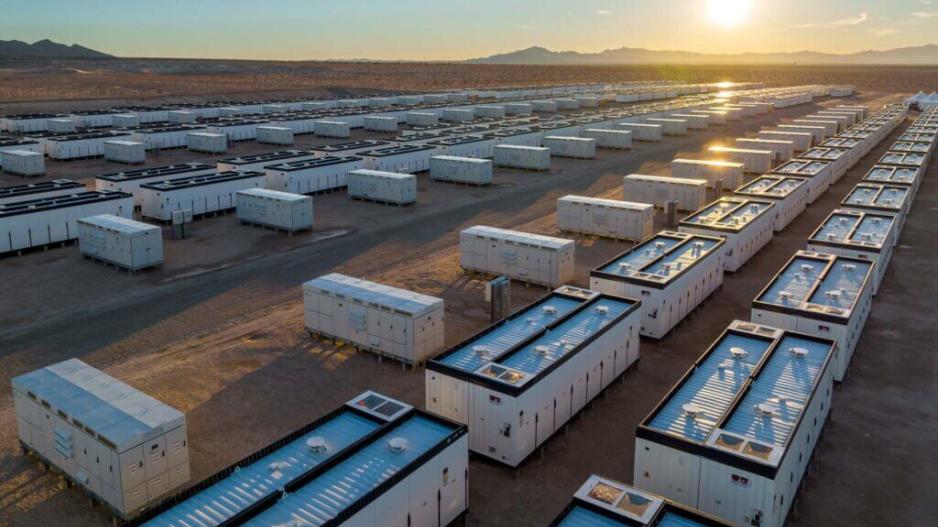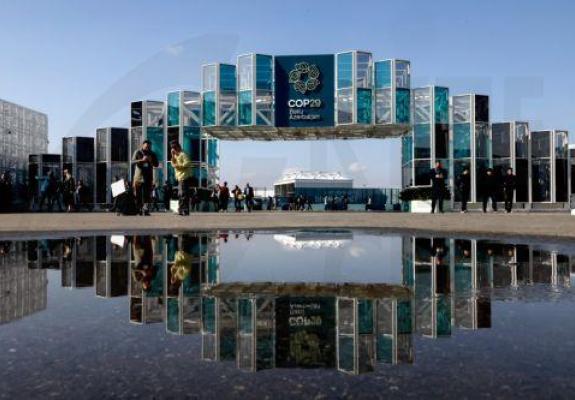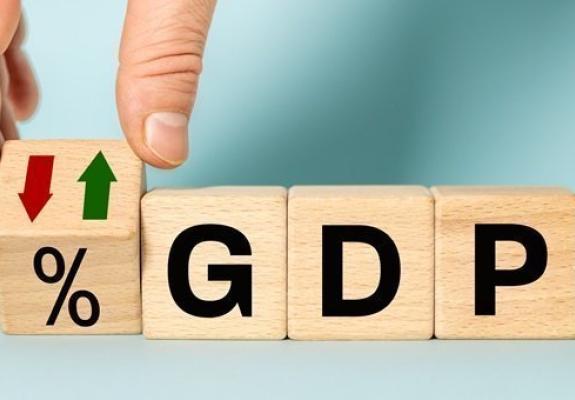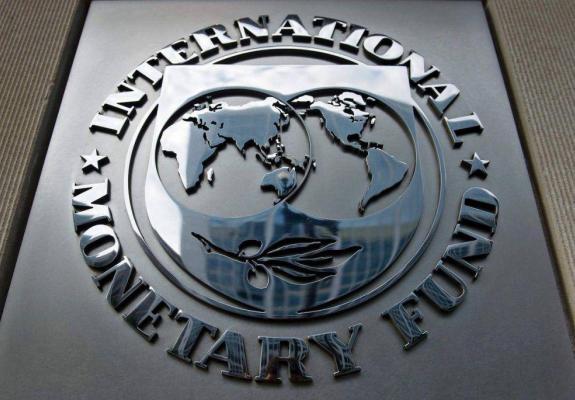Cyprus to Launch Tenders for Solar Battery Storage Facilities
Meanwhile, Research for the Great Sea Interconnector Is Set to Restart by the End of November
Cyprus is progressing on two major energy fronts: a renewed focus on natural gas exploration and a critical step toward linking its electricity grid with Europe, boosting the island’s energy security and regional integration.
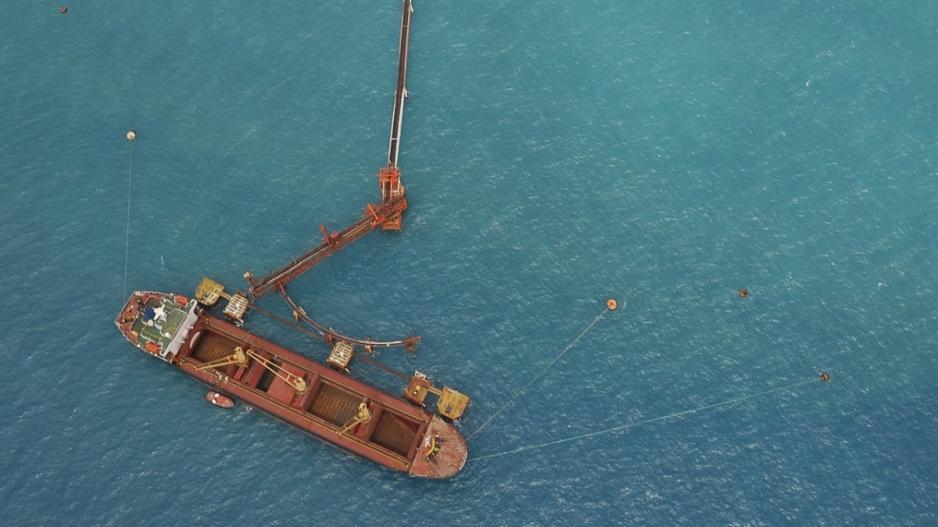
According to a recent report by the Greek newspaper Ta Nea, research for the electricity interconnection project between Greece and Cyprus is set to restart by the end of November. This comes after the political commitments made by Greek Prime Minister Kyriakos Mitsotakis and Cypriot President Nikos Christodoulides, which helped resolve technical and state-level obstacles that delayed the project earlier this year.
The Italian research vessel Jevoli Relume will lead this new phase, beginning in Greek waters south of Kasos and Karpathos, before advancing into international waters. The exact route and start date for these surveys are expected to be announced soon. The project, aiming to connect Cyprus’s electricity grid to the European system, is part of the European Union’s broader goals for energy integration. With Cyprus as the only EU member state without an interconnection to the European grid, this initiative is significant for enhancing energy resilience.
Following the research phase, cable-laying is scheduled to begin in 2026, with project completion expected in 2029. This will connect Cyprus to both Greece and potentially Israel, providing an added layer of energy security for the region. Notably, the interconnection project is also set to be a topic in upcoming diplomatic talks involving Greece, Turkey, and Cyprus, aiming to prevent disruptions similar to the Turkish interference that occurred in July.
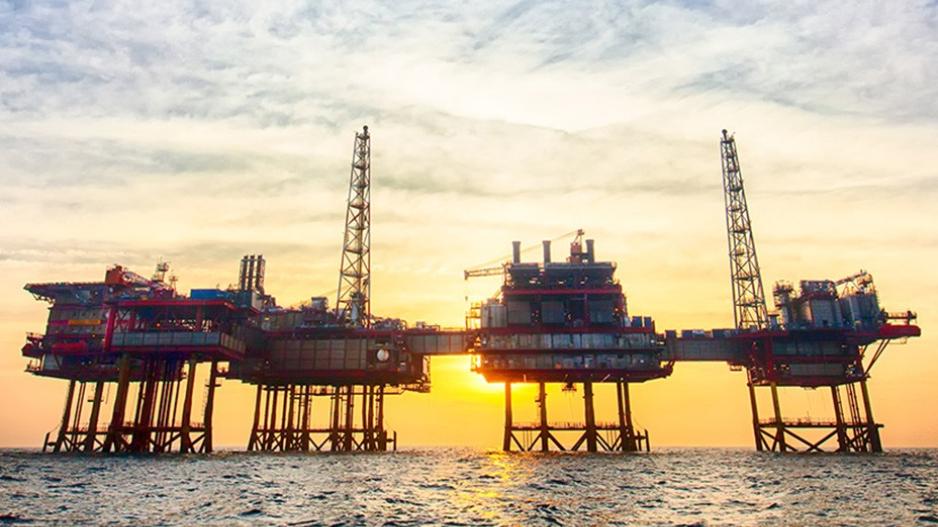
Meanwhile, Cyprus’s Energy Minister, George Papanastasiou, announced that the government is evaluating the possibility of a new licensing round for offshore gas exploration. Despite a global shift toward renewable energy, demand for natural gas remains robust, especially as Europe seeks alternatives to Russian supplies. Since 2011, Cyprus has made multiple natural gas discoveries, with estimated reserves of 15-16 trillion cubic feet, equivalent to nearly half the annual output of the United States.
"We are in the process of evaluating potential interest," Papanastasiou told Reuters. "If we see interest, we may decide to proceed with another licensing round."
Most of Cyprus’s 13 offshore blocks are already under license by major energy companies, including Eni, Exxon Mobil, Chevron, and TotalEnergies. Any new licensing could involve unlicensed blocks or those whose operators may choose to relinquish their rights. During his recent visit to Abu Dhabi, Papanastasiou held discussions with officials from the UAE’s ADNOC, reflecting international interest in the region’s energy potential.
While Cyprus aims to boost renewable energy to 33% of its grid by 2030, up from 19% currently, challenges such as limited storage and an ageing infrastructure hinder rapid progress. The government is preparing to address this by launching tenders for solar battery storage facilities in the coming weeks. Yet, natural gas remains central to Cyprus's energy strategy, as it offers a more affordable and cleaner alternative to heavy fuel oil, which currently powers much of the grid.
The minister anticipates that Eni and TotalEnergies’ gas field discovery from 2022 will be the first to enter production, expected around 2027, while Chevron's discoveries may follow by 2029 or 2030.
